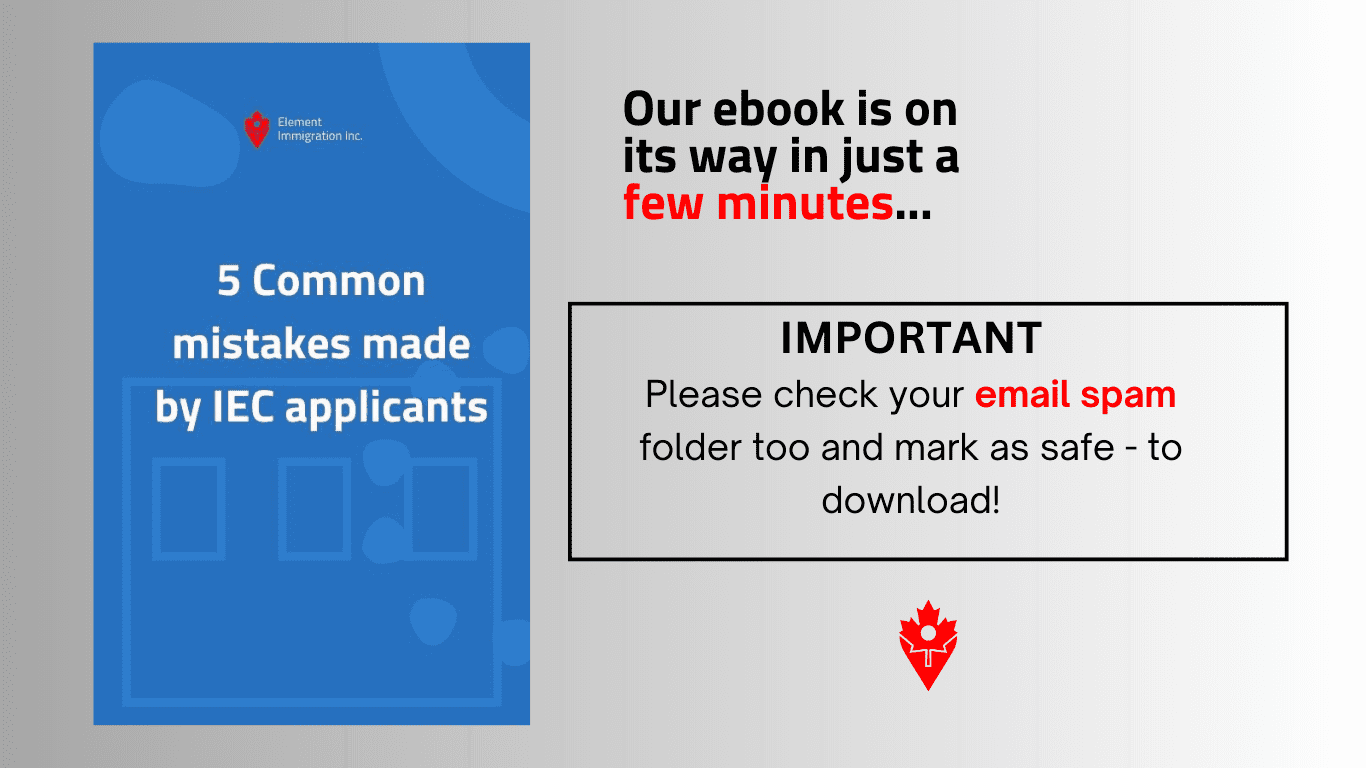
The Canadian Minister of Immigration, Refugees and Citizenship, Sean Fraser, announced new measures to strengthen family class immigration in Canada. These measures aim to improve the processing times for spousal applicants and provide more support to families who are waiting for permanent residency applications to be processed.
One of the main changes is the faster processing times for Temporary Resident Visas (TRV) for spousal applicants. Family members from visa-required countries who have submitted family class permanent residency applications can apply for TRVs to join their sponsor in Canada. However, many of these applications are refused on the basis that the applicants are unlikely to return home. Fraser explained that this new approach to processing TRV applications will lead to processing times of within 30 days, allowing family members to be with their loved ones sooner.
To support this new approach, IRCC is launching new and dedicated processing tools for spousal TRV applicants. These tools will ensure that applications are processed quickly and efficiently, reducing wait times and allowing families to be reunited as soon as possible.
In addition to faster processing times, IRCC is also introducing a new open work permit for spousal and family class applicants. This will allow spouses, partners and dependants who reside with their sponsor in Canada and have temporary resident status to apply for and receive an open work permit as soon as they submit a complete permanent residence application under the spouse or common-law partner in Canada class (SPCLC) or other family class programs. This is a significant change, as open work permits were previously only allowed for the inland spousal program and is now being extended to those who are applying outside Canada.
This new initiative will provide more opportunities for spouses and dependants to work while they await the processing of their permanent residency application. This will not only help families financially, but also provide them with valuable work experience and help them integrate into Canadian society.
Finally, open work permit holders whose current permit expires between August 1st and the end of 2023 can extend their permit for 18 months using a free facilitated process. This will impact around 25,000 people currently in Canada who are able to work, including spouses and dependents of most temporary workers, spouses of international students, and permanent resident applicants and their spouses/dependents waiting for permanent residency to be finalized.
Family class sponsorship is the second largest category under Canada’s Immigration Levels Plan, and allows Canadian citizens and permanent residents to sponsor a person to join them in Canada and become a permanent resident. Spouses, common law and conjugal partners, children, parents and grandparents may all be sponsored, provided they meet the required eligibility criteria.
To be eligible as a sponsor, you must be a Canadian citizen or permanent resident of Canada, be 18 years of age or older, not be in prison, bankrupt, under a removal order or charged with a serious offence, and not have been sponsored as a spouse within the last 5 years.
By improving family class immigration, Canada hopes to welcome more newcomers and reunite families who have been separated due to immigration processes. In 2023, Canada aims to welcome 106,500 newcomers under the family class category, with 78,000 under the spouses, partners and children category and 28,500 under the parents and grandparents category. By 2025, Canada aims to welcome 118,000 newcomers through family class immigration.
Overall, these new measures will provide much-needed support to families who are navigating the immigration process in Canada. The faster processing times, new processing tools, and open work permits will help families stay together and thrive in their new home country.


Recent Comments